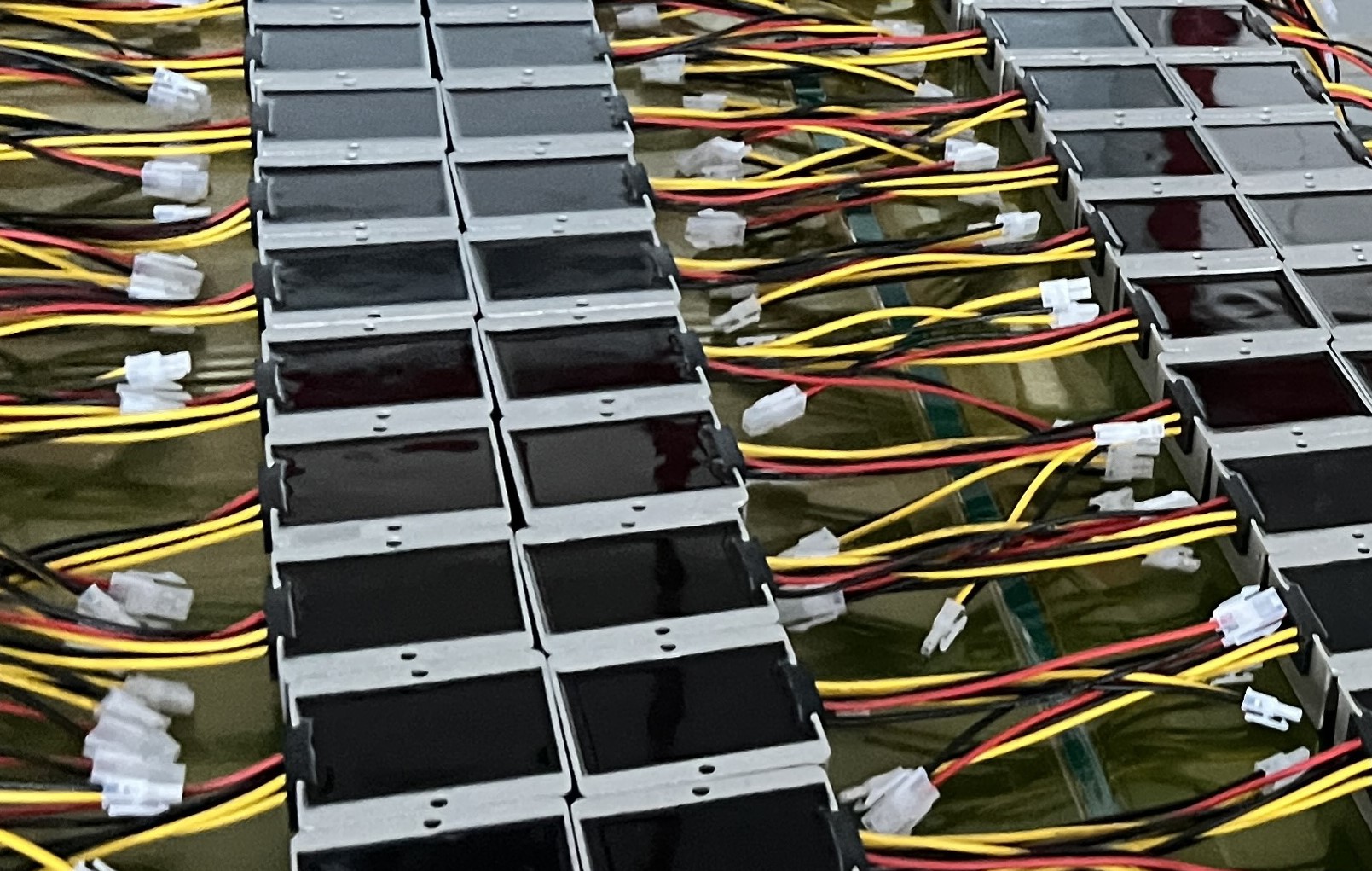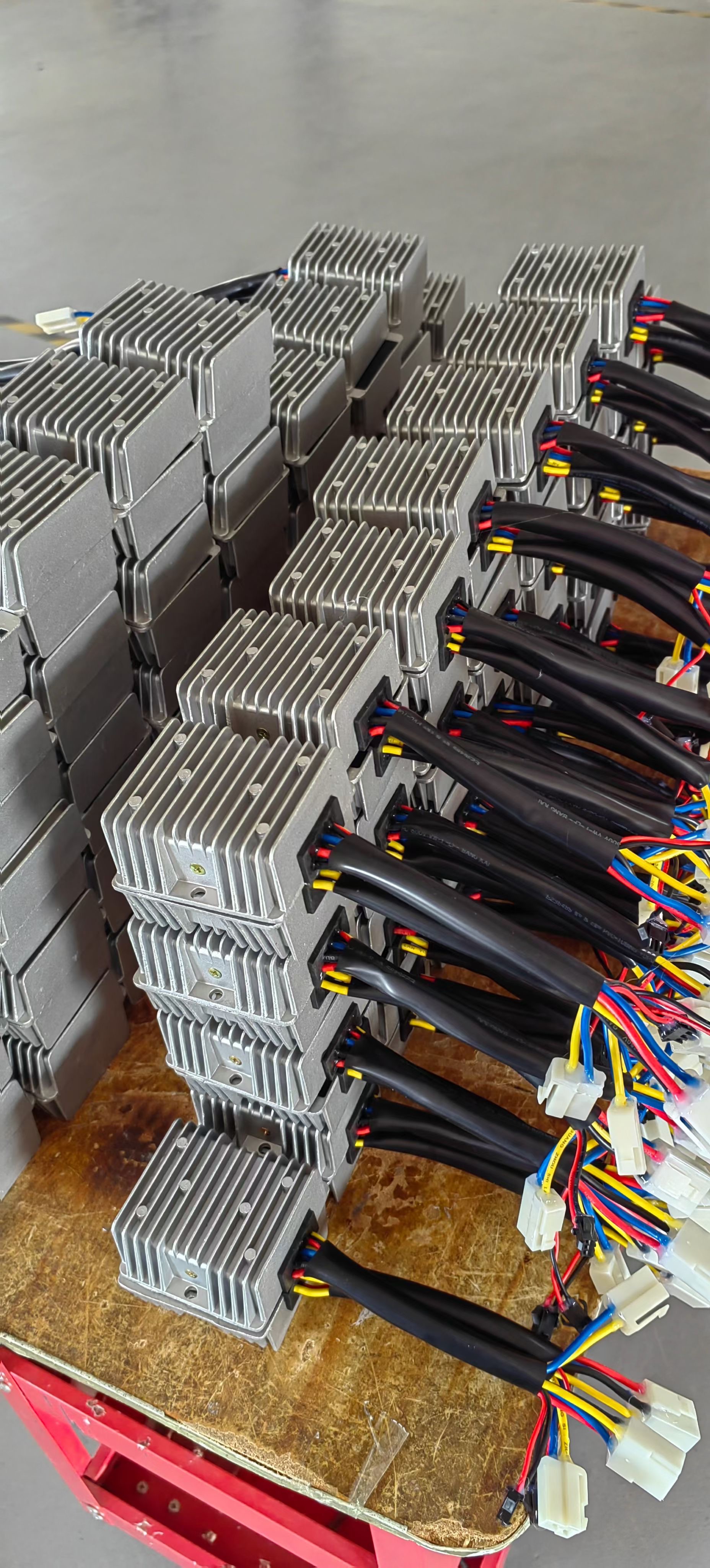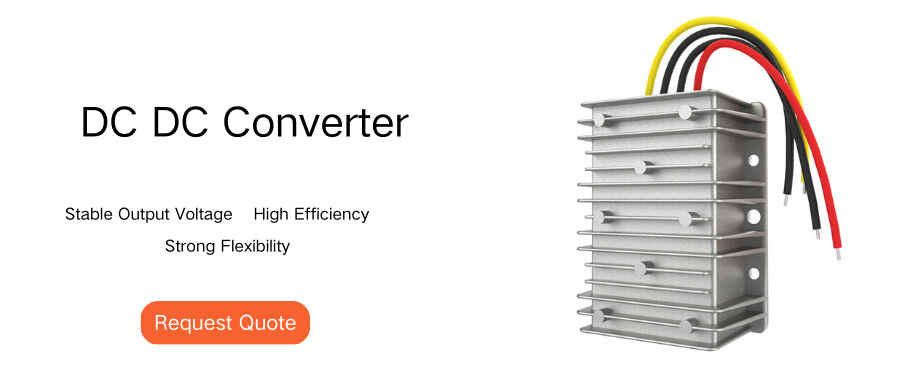A DC converter is a power electronic device used to convert one DC power supply into another DC power supply. It usually includes an input terminal for receiving DC power, an output terminal for providing the converted DC power supply, as well as a control circuit and a power conversion circuit. Do you know the characteristics and advantages of DC-DC converters?
DC/DC converter composition
what is a dc converter,DC/DC converter is a voltage converter that converts input voltage and effectively outputs a fixed voltage, or it is called a switching power supply or switching regulator. DC-DC converters are generally composed of control chips, inductors, diodes, transistors, and capacitors.

Principle of DC-DC converter
The principle of dc dc converter is to use components such as inductors, capacitors, and transistors to convert the input voltage of a dc power supply into an output voltage, thereby realizing the function of voltage regulation. The specific working principle is that when the input voltage passes through the inductor, the inductor will generate an electromagnetic field, the capacitor will convert the electromagnetic field into voltage, and the transistor will convert the voltage into an output voltage, thereby realizing the function of voltage regulation.
Characteristics of DC-DC converters
1. Wide input voltage range, can accept a variety of input voltages;
2. High output voltage accuracy, can meet the voltage requirements of different devices;
3. Large output power, can meet the power requirements of different devices;
4. High efficiency, can effectively reduce energy consumption;
5. Compact and light, can meet the requirements of limited space.
Types of DC/DC converters
DC/DC converters are divided into three categories: boost DC/DC converters, buck DC/DC converters, and buck-boost DC/DC converters. Different converters can be used according to needs.

Conditions considered in DC-DC circuit design
At least 2 conditions should be considered when designing a DC-DC circuit:
1. The range of the external input power supply voltage and the size of the output current.
2. The voltage, current, and maximum power of the system output by the DC-DC.
Application advantages of DC-DC converters
1. Can meet the voltage requirements of different devices;
2. Can meet the power requirements of different devices;
3. Can effectively reduce energy consumption;
4. Can meet the requirements of limited space;
5. Can improve the reliability and stability of the system.
DC-DC Converter Applications
The application range of DC-DC converter is very wide, mainly used for power supply adjustment, power supply efficiency improvement, electromagnetic interference suppression, humidity suppression, temperature suppression, etc. It can be used in computers, communication equipment, automotive electronic equipment, household appliances, medical equipment, industrial control equipment, etc.






